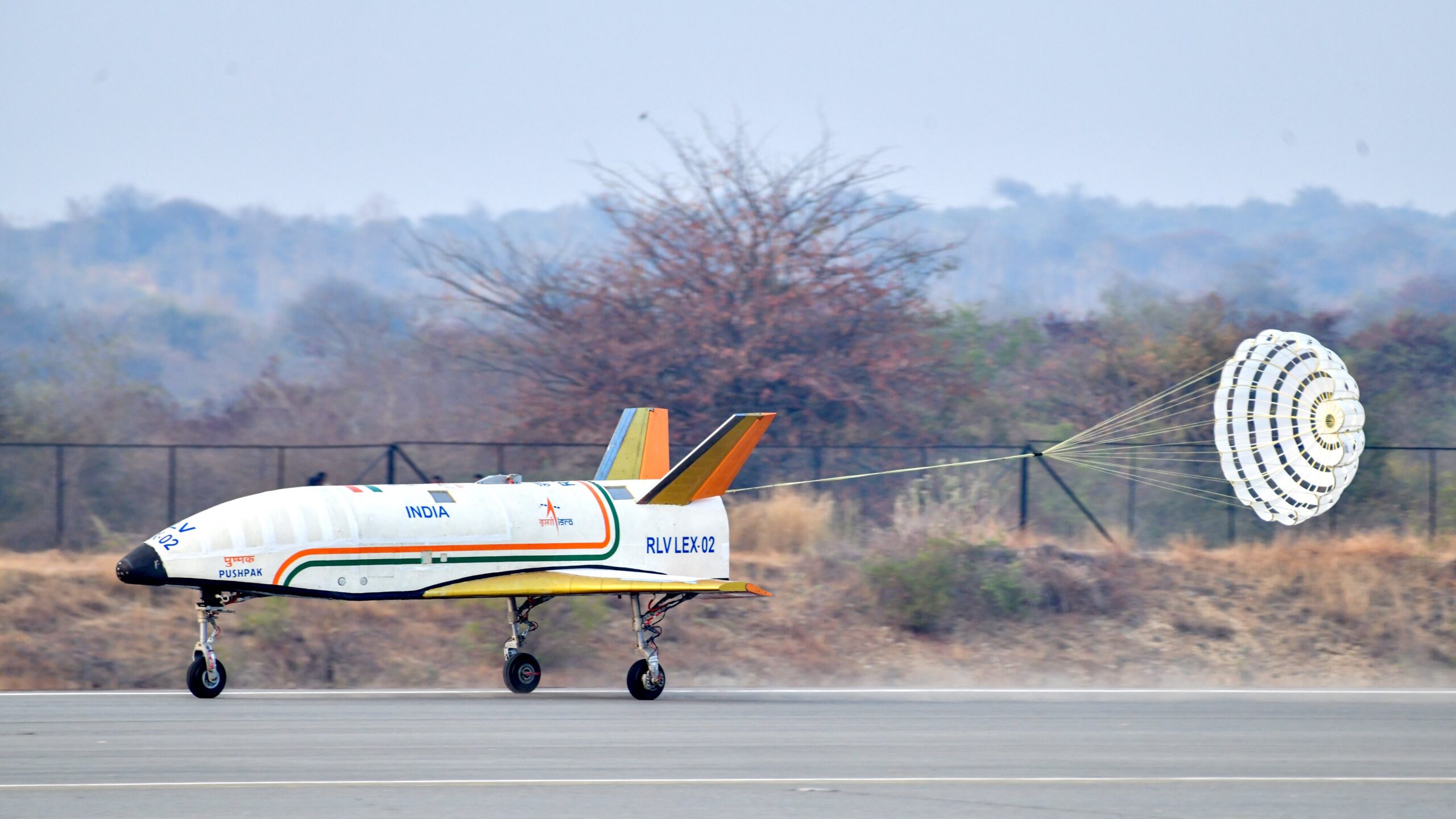
Gwadar Port Attack Context:
- The Gwadar Port, located in Pakistan and developed with Chinese investment and assistance, serves as a crucial node in the China-Pakistan Economic Corridor (CPEC).
- This corridor is a flagship project of China’s Belt and Road Initiative (BRI), aimed at enhancing connectivity and trade between China, Pakistan, and beyond.
BLA Attack:
- The Baloch Liberation Army (BLA), a separatist militant group in Pakistan’s Balochistan province, launched a targeted attack on the Gwadar Port.
- The BLA has a long history of insurgency against the Pakistani state, seeking independence for Balochistan.
Complex Targeted:
- The attackers chose a strategically significant target—a complex near the port where key officials from Pakistan’s government, intelligence agencies, and paramilitary forces are stationed.
- This indicates a deliberate effort to not only challenge Pakistani authority but also to disrupt Chinese interests.
Attack Details:
- The BLA militants, numbering eight, were heavily armed and prepared for the assault. They utilized guns and explosives to execute their attack, resulting in multiple casualties and damage to property.
Security Failures:
- Despite extensive security measures in place, including a special force of 15,000 troops dedicated to protecting Chinese interests in Gwadar, Pakistani security forces failed to anticipate and prevent the attack.
- The fact that the militants were able to breach security checkpoints and reach their target underscores significant lapses in security protocols.
Implications for Chinese Investments:
- The attack raises serious concerns about the safety of Chinese nationals working in Gwadar and the broader security of CPEC projects. China has heavily invested in CPEC, considering it a crucial component of its BRI initiative. Any threats to the security of CPEC projects undermine China’s economic interests and strategic objectives in the region.
Pakistani Military’s Reputation:
- The inability of the Pakistani military to effectively respond to the attack damages its reputation as a reliable security provider, both domestically and internationally. It raises questions about Pakistan’s ability to ensure the safety and security of its citizens and foreign investments.
Broader Security Challenges:
- The attack on Gwadar Port is not an isolated incident but part of a broader security challenge faced by Pakistan. The country is grappling with multiple internal and external security threats, including attacks from militant groups like the TTP along the Afghanistan border.
International Ramifications:
- The deteriorating security situation in Pakistan, particularly in areas crucial for Chinese investments, has international ramifications.
- It could lead to increased scrutiny and skepticism regarding the viability and sustainability of China’s BRI projects, potentially affecting global perceptions of China’s role in infrastructure development and security cooperation.
China’s Response:
- While China has expressed condemnation for the attack and reaffirmed its support for Pakistan’s fight against terrorism, there are indications that its patience may be running thin.
- Continued security challenges in Gwadar and other CPEC-related areas could compel China to reconsider its investments and demand more robust security measures from Pakistan.
Conclusion:
- The Baloch Liberation Army attacked Gwadar Port, aiming at a complex with key Pakistani officials. Despite extensive security measures, including 15,000 troops, Pakistan failed to prevent the assault. This incident raises worries about the safety of Chinese nationals and the security of CPEC projects. Pakistan’s military reputation is tarnished by its struggle to contain internal security threats. China’s investment in CPEC faces scrutiny amid escalating security challenges in the region.








